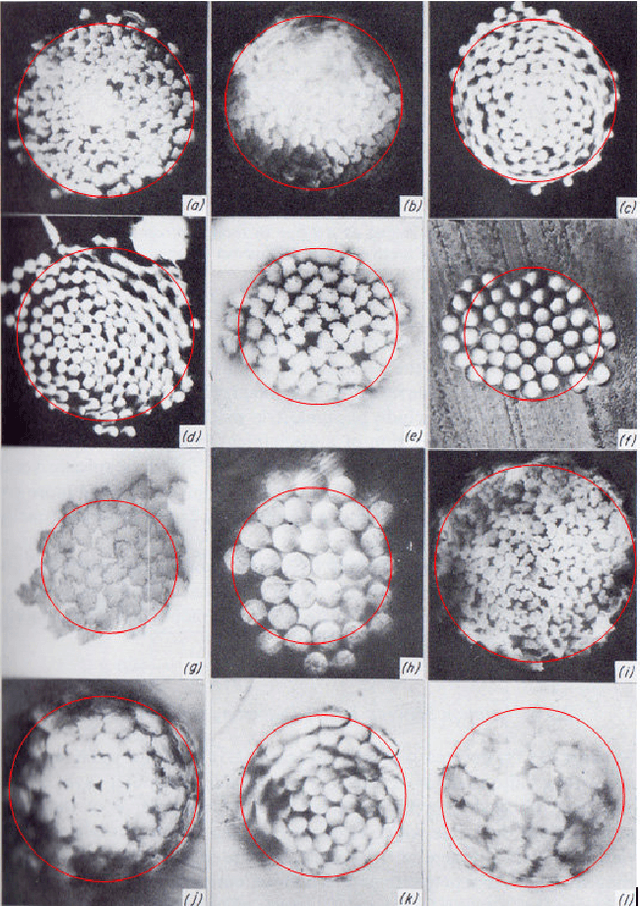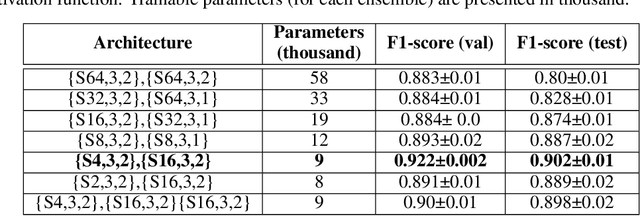FabricNet: A Fiber Recognition Architecture Using Ensemble ConvNets
Paper and Code
Jan 14, 2021



Fabric is a planar material composed of textile fibers. Textile fibers are generated from many natural sources; including plants, animals, minerals, and even, it can be synthetic. A particular fabric may contain different types of fibers that pass through a complex production process. Fiber identification is usually carried out through chemical tests and microscopic tests. However, these testing processes are complicated as well as time-consuming. We propose FabricNet, a pioneering approach for the image-based textile fiber recognition system, which may have a revolutionary impact from individual to the industrial fiber recognition process. The FabricNet can recognize a large scale of fibers by only utilizing a surface image of fabric. The recognition system is constructed using a distinct category of class-based ensemble convolutional neural network (CNN) architecture. The experiment is conducted on recognizing 50 different types of textile fibers. This experiment includes a significantly large number of unique textile fibers than previous research endeavors to the best of our knowledge. We experiment with popular CNN architectures that include Inception, ResNet, VGG, MobileNet, DenseNet, and Xception. Finally, the experimental results demonstrate that FabricNet outperforms the state-of-the-art popular CNN architectures by reaching an accuracy of 84% and F1-score of 90%.
 Add to Chrome
Add to Chrome Add to Firefox
Add to Firefox Add to Edge
Add to Edge